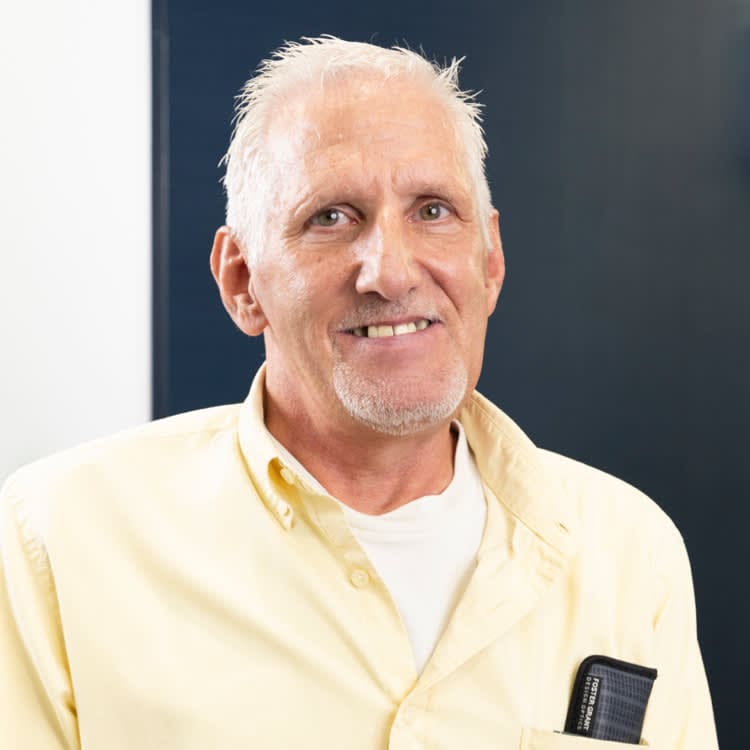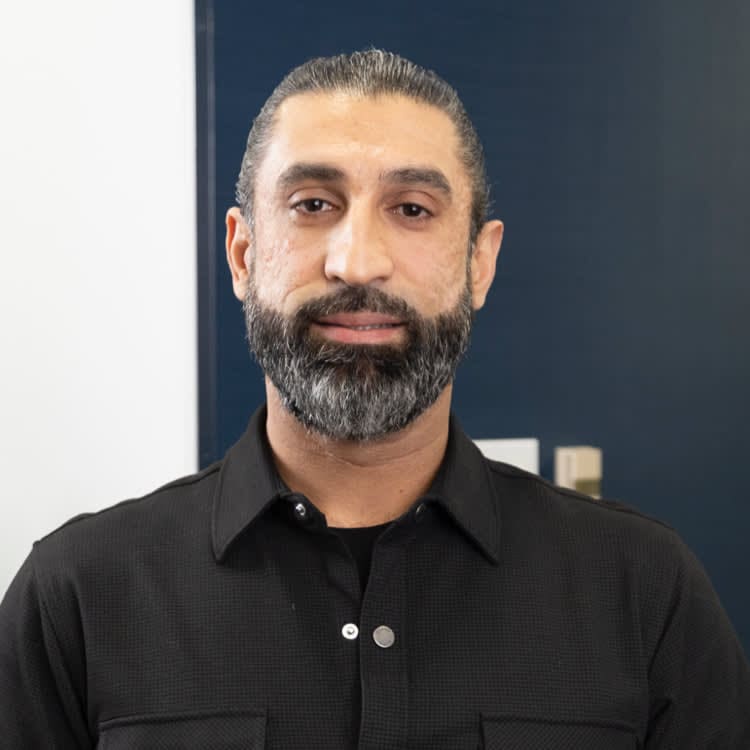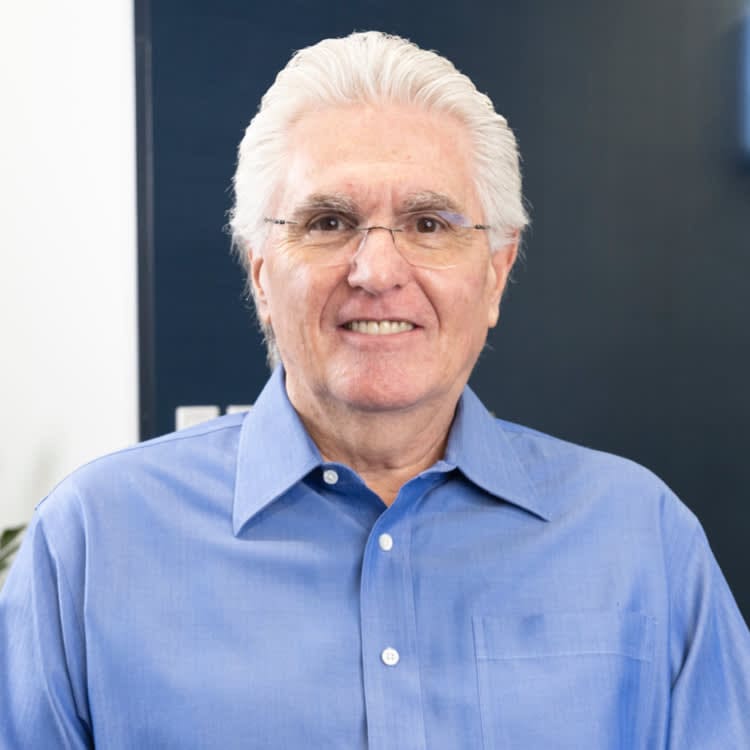Jaw Surgery Restore Jaw Function, Health, and Aesthetics
Speaking, swallowing, or breathing can become challenging and often painful when the jaw is misaligned. Whether you have endured a severe injury or suffer chronic pain due to a congenital defect or TMJ disorder, jaw surgery can provide long-term, life-bettering effects. Jaw surgery restores oral comfort and function by surgically repositioning the upper and lower jaws to correct alignment.
At Beverly Hills Oral Maxillofacial Surgery & Dental Implants, we use state-of-the-art technology to achieve superior oral and maxillofacial surgery results. Our board-certified oral surgeon and physician, Dr. Aynechi, is an expert in performing jaw surgery and collaborates with our team to formulate custom treatment plans that address each patient's needs. Contact our office in Beverly Hills, CA, to see if jaw surgery is right for you.
Benefits of Jaw Surgery
Jaw surgery, also called orthognathic surgery, provides many life-altering benefits, such as:
- Improves facial symmetry
- Restores optimal chewing function
- Improves speech
- Evenly spreads bite pressure to increase the durability of teeth
- Provides long-term pain relief
Reasons for Orthognathic Surgery
Jaw surgery can correct several conditions, specifically those that cannot be fixed by orthodontic or other nonsurgical methods alone. When jaw bones sit incorrectly, it can be difficult to chew, swallow, speak, or breathe properly. In some cases, a misaligned jaw impairs breathing and can contribute to obstructive sleep apnea. Orthognathic surgery restores patients’ jaws to a healthy and fully functioning state and provides long-term relief of these symptoms.
If you experience one or more of these issues, orthognathic surgery may be the right solution for you:
- Frequent headaches
- Facial asymmetry
- Difficulty eating
- An open bite or other bite problems such that your teeth don’t adequately meet when the mouth is closed
- Facial trauma
- Congenital disabilities such as cleft lip and palate
- Weak or recessed chin
- Protruding jaw
- Chronic mouth breathing, which can cause dry mouth
- Obstructive sleep apnea
- TMJ disorders or chronic jaw joint pain
Jaw Surgery Procedure
When determining the correct treatment method, the specific diagnosis and other health conditions are considered. During your initial visit to our office, Dr. Aynechi will take 3D scans of your face and jaw. He will then thoroughly examine your condition to determine your optimum treatment plan. All patients undergoing jaw surgery, regardless of their individual treatment plans, must first wear orthodontic braces to prepare their teeth and jaw properly.
General anesthesia will be administered on the day surgery is performed to ensure your comfort. Once the anesthesia has taken full effect, your oral surgeon will realign your jaw via small incisions inside the mouth to avoid visible scarring. In some circumstances, orthognathic surgery includes incisions made outside the mouth. However, this will have been discussed with your surgeon before the operation. Once your jaw has been repositioned and secured using plates or screws, sutures will be placed as necessary. Before returning home, you will need to spend a few days in the hospital so that doctors can monitor you.
Your initial recovery will take about 6 weeks. However, your teeth will need additional orthodontic treatment after your procedure to achieve ideal alignment. Therefore, total treatment times vary depending on the degree of orthodontic work required. One can expect to reach complete healing after around a year.
Types of Anesthesia
There are many types of anesthesia and sedation available.
Jaw Surgery in Los Angeles, CA
Jaw misalignment can drastically hinder life’s essential functions. Everyday actions such as eating, speaking, and smiling can be painful or uncomfortable. Dr. Aynechi offers life-changing corrective jaw surgery to patients of all ages. Contact our Beverly Hills, CA, office to see how orthognathic surgery can improve your oral health, function, and comfort.
Hear From Jaw Surgery Patients
These patients can tell you about their firsthand experience undergoing jaw surgery at our office.
Los Angeles’s Destination for Oral Surgery Excellence
Experience outstanding patient care from a team you can trust. Contact Beverly Hills Oral Maxillofacial Surgery & Dental Implants to schedule an appointment and see how oral surgery can improve your health and confidence.





















